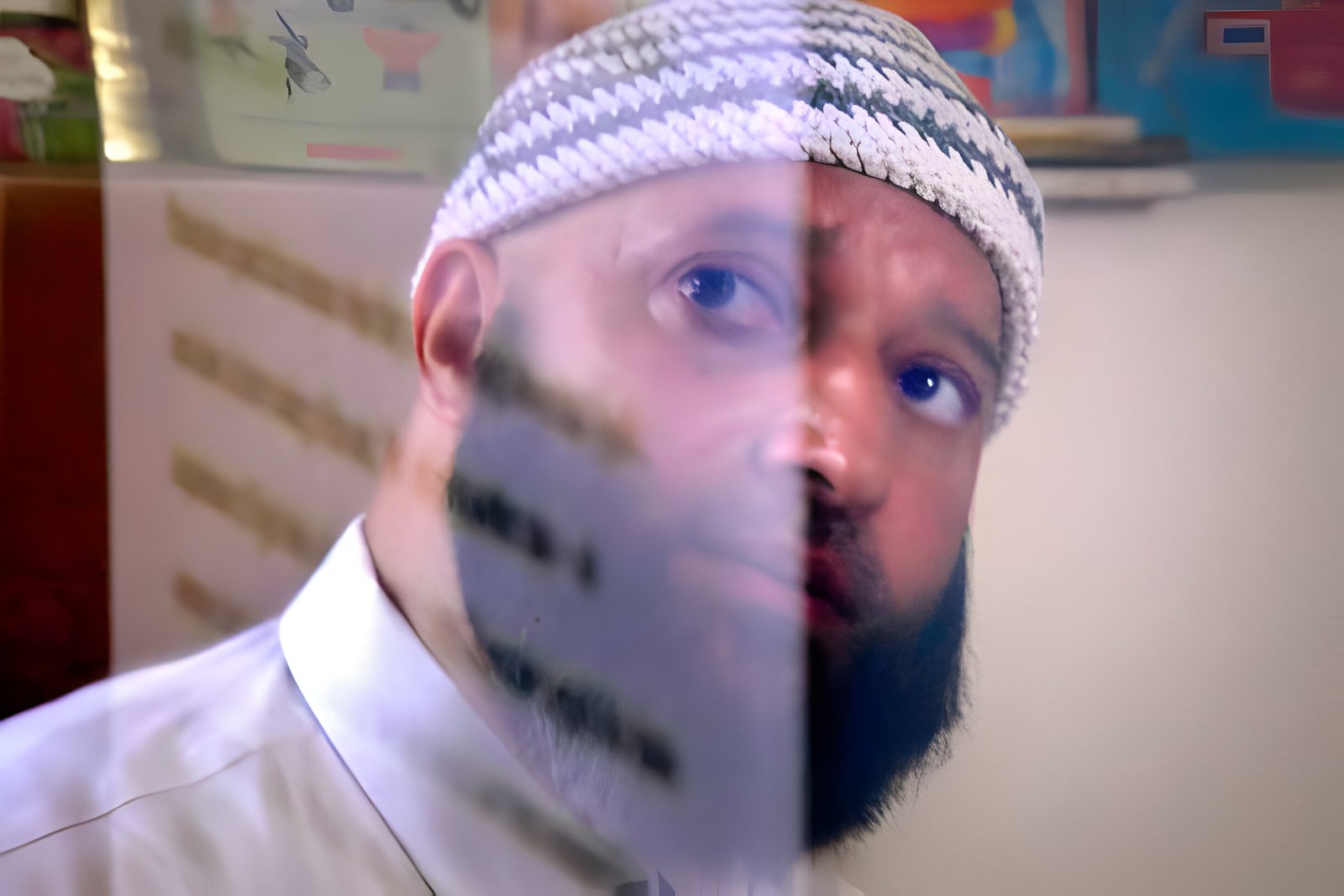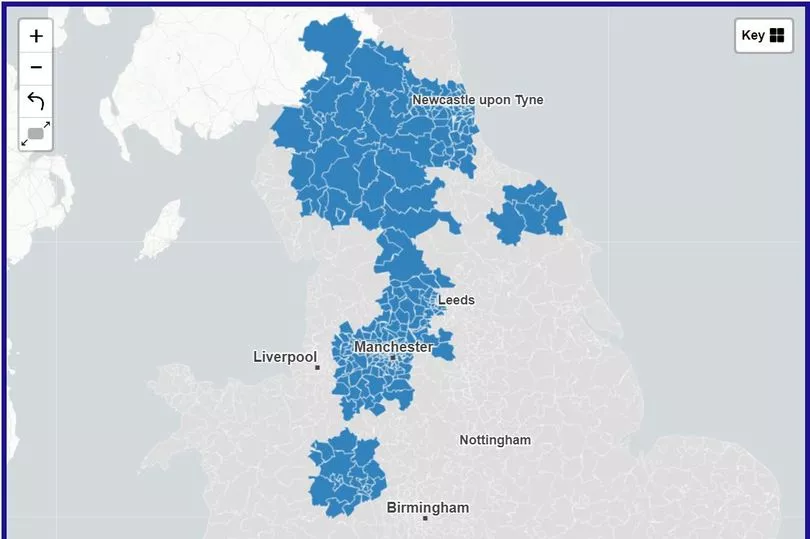Image Creadits : Gettyimage
The Adnan Syed case has captured public attention and sparked intense debate about criminal justice in America. Made famous by the hit podcast “Serial,” Syed’s conviction for the 1999 murder of his ex-girlfriend Hae Min Lee has been under scrutiny for years. Now, the case has reached the Supreme Court, bringing new focus to issues of evidence, defense strategy, and victims’ rights in high-profile criminal cases.
Recent developments have brought the Adnan Syed case back into the spotlight. After spending over two decades behind bars, Syed was released in 2022 when a Baltimore City Circuit Court vacated his conviction. However, this decision was later overturned by the Maryland Supreme Court, citing concerns about the rights of the victim’s family. The case now heads to the U.S. Supreme Court, where its outcome could have far-reaching implications for exonerees and the criminal justice system as a whole.
Background of Adnan Syed’s Case
The ‘Serial’ Podcast
In 2014, the true crime genre experienced a revolution with the release of “Serial,” a podcast that scrutinized the case of Adnan Syed. This radio series, hosted by Sarah Koenig, delved into the 1999 murder of Hae Min Lee, Syed’s ex-girlfriend. The podcast’s minimalist style, featuring prison phone calls and Koenig’s investigative narration, captivated millions of listeners and sparked widespread debate about the criminal justice system.
Original Conviction and Sentence
Adnan Syed, who was 17 at the time of Lee’s disappearance, was convicted of her murder in 2000. He received a life sentence plus 30 years in prison. The prosecution’s case relied heavily on cell phone records and testimony from Jay Wilds, Syed’s acquaintance. Despite the lack of physical evidence linking Syed to the crime, the jury found him guilty of murder, robbery, kidnapping, and false imprisonment.
Key Evidence and Controversies
The case against Syed was built on circumstantial evidence, including his status as Lee’s ex-boyfriend and alleged inconsistencies in his alibi. However, “Serial” brought to light several controversies:
- An alibi witness, Asia McClain, claimed she was with Syed at the library during the time of the murder.
- Questions arose about the reliability of the cell phone tower records used to corroborate Jay’s testimony.
- Concerns were raised about potential misconduct by Detective Bill Ritz, one of the lead investigators.
These issues, among others, led to increased scrutiny of Syed’s conviction and sparked a series of legal challenges in the years following the podcast’s release.
Recent Developments in the Case
Vacating of conviction in 2022
In a surprising turn of events, Adnan Syed walked out of prison in September 2022 after spending 23 years behind bars. Judge Melissa M. Phinn of Baltimore City Circuit Court vacated his conviction, citing the prosecution’s failure to share evidence that could have aided Syed’s defense. This decision was based on new DNA evidence that excluded Syed, pointing to potential alternative suspects.
Reinstatement by Appellate Court
However, Syed’s legal journey took another unexpected turn. In March 2023, Maryland’s intermediate appellate court reinstated his conviction. The court ruled that the victim’s brother, Young Lee, had not been given sufficient notice to attend the hearing that led to Syed’s release. This decision raised concerns about victims’ rights in legal proceedings.
Current status of Adnan Syed
As of late 2023, Syed’s case remains in legal limbo. He is currently free while his attorneys continue to fight for his exoneration. The case has reached the Maryland Supreme Court, where arguments are being heard regarding the reinstatement of his conviction and the rights of crime victims in such proceedings. Syed has expressed his willingness to respect the court’s decision, even if it means returning to prison.
Also Read : Gamma Male: How to Identify and Interact with Them
Supreme Court Hearing and Implications
Key arguments from both sides
The Maryland Supreme Court is considering whether the rights of Hae Min Lee’s family were violated during the hearing that vacated Adnan Syed’s conviction. The Lee family’s lawyers argue that Young Lee, the victim’s brother, was not given sufficient notice to attend the hearing in person and was unable to meaningfully participate in the process. They contend that victims’ representatives should have a substantive role in such proceedings, especially when the prosecutor, defense, and judge agree on vacating a conviction.
Syed’s attorneys, on the other hand, maintain that Young Lee’s right to attend the hearing was not violated by his participation via Zoom. They also argue that the case became moot when prosecutors dropped the charges against Syed in October 2022.
Potential outcomes
The court’s decision could have far-reaching implications for Syed’s case and the broader criminal justice system. If the court rules in favor of the Lee family, it might lead to a redo of the hearing that vacated Syed’s conviction. This could potentially result in Syed’s return to prison. Conversely, a ruling in Syed’s favor would affirm his freedom and support the belief that he was wrongfully convicted.
Impact on victims’ rights and wrongful convictions
This case has brought attention to the delicate balance between victims’ rights and efforts to address wrongful convictions. Victims’ rights advocates argue for a more substantial role in legal proceedings, while others caution that additional hurdles could impede justice reform efforts. The court’s decision may set a precedent for how victims’ families participate in cases involving potential wrongful convictions, potentially affecting the landscape of criminal justice reform.
Conclusion
The Adnan Syed case has caused a revolution in the world of true crime and legal discourse. It has shed light on the complexities of the criminal justice system and the ongoing struggle to balance victims’ rights with efforts to address potential wrongful convictions. As the case heads to the Supreme Court, its outcome could have a significant impact on how similar cases are handled in the future, potentially setting new precedents for the involvement of victims’ families in legal proceedings.
This high-profile case serves as a reminder of the human stories behind legal battles and the far-reaching effects of judicial decisions. Whatever the court decides, the Adnan Syed case will likely continue to spark discussions about justice, fairness, and the need for ongoing reforms in the criminal justice system. Its legacy may well extend beyond the courtroom, influencing public perceptions and pushing for changes in how society approaches complex legal issues.
FAQs About the Adnan Syed Case
- What is the Adnan Syed case about?
- The Adnan Syed case involves the 1999 murder of Hae Min Lee, for which Syed, her ex-boyfriend, was convicted. The case gained widespread attention through the podcast “Serial,” which questioned the validity of Syed’s conviction and highlighted potential flaws in the original trial.
- What is the significance of the “Serial” podcast in this case?
- The “Serial” podcast, released in 2014, critically examined Adnan Syed’s conviction and brought to light issues such as potential alibi witnesses and unreliable evidence. The podcast played a key role in reigniting public interest and legal scrutiny in the case.
- What happened in 2022 regarding Syed’s conviction?
- In September 2022, a Baltimore City Circuit Court vacated Adnan Syed’s conviction, citing the prosecution’s failure to share evidence that could have supported Syed’s defense and new DNA evidence that excluded him as a suspect.
- Why was Syed’s conviction reinstated in 2023?
- In March 2023, the Maryland intermediate appellate court reinstated Syed’s conviction due to concerns that the victim’s family, particularly Young Lee, had not been given adequate notice to attend the hearing that led to Syed’s release.
- What is the current status of Adnan Syed’s case?
- As of late 2023, Adnan Syed is free while his legal team continues to fight for his exoneration. The case is now under review by the Maryland Supreme Court, which is considering the reinstatement of his conviction and the rights of crime victims in the process.
- What are the key arguments being considered by the Supreme Court?
- The Maryland Supreme Court is evaluating whether Young Lee’s right to attend the hearing was violated and whether victims’ families should have a more substantial role in proceedings that could overturn a conviction. Syed’s attorneys argue that his right to a fair hearing was upheld and that the charges against him were dropped.
- What could be the potential outcomes of the Supreme Court ruling?
- The Supreme Court’s decision could lead to a new hearing on Syed’s conviction or uphold his release. It could also impact how victims’ families are involved in such cases and set precedents for balancing victims’ rights with addressing wrongful convictions.
- How does this case impact the broader criminal justice system?
- The Adnan Syed case highlights the complexities of balancing victims’ rights with efforts to address wrongful convictions. The outcome could influence future legal proceedings and reform efforts, particularly in how victims’ families participate in the justice process.





One Comment